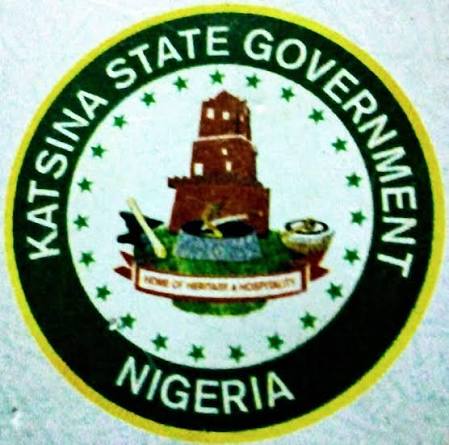As part of the his administration’s unwavering commitment to tackling the root causes of malnutrition in the Northwest, Katsina State Governor Dikko Radda of Katsina State on Thursday disclosed that the state contributed at least N1bn the Child Nutrition Fund in the region.
Radda made this disclosure on Thursday while speaking at a high-level conference on mobilising action against malnutrition in Northwest Nigeria, hosted by the Katsina State Government, the Northwest Governors Forum, and Médecins Sans Frontières, in collaboration with the Office of the Vice President, UNICEF, the World Food Programme, the World Bank, the INGO Forum, and other partners.
The governor also disclosed funds provided by UNICEF to tackle the issue of malnutrition in the region respectively.
“Katsina has contributed N1bn as part of the Child Nutrition Fund, with UNICEF providing matching funds of N200m, N300m, and N500m in 2023, 2024, and 2025, respectively,” Radda said.
According to him, his counterparts across the Northwest are implementing far-reaching reforms in various sectors to address the challenge effectively.
“Katsina has contributed N1bn as part of the Child Nutrition Fund, with UNICEF providing matching funds of N200m, N300m, and N500m in 2023, 2024, and 2025, respectively,” Radda said.
The Coordinating Minister of Health and Social Welfare, Prof. Muhammad Pate, in his own remarks vat the conference, said malnutrition remained one of the most pressing challenges confronting Nigeria, particularly in the Northwest, where many children and families still struggle with access to adequate nutrition.
Pate, who was represented by the Director of Nutrition in the FMoH&SW, Mrs Ladidi Bako-Aiyegbusi, noted that the 2024 Nigeria Demographic and Health Survey revealed persistently high rates of wasting and stunting in the region, with some states exceeding emergency thresholds.
“While humanitarian interventions have mitigated the worst impacts, the underlying determinants — poverty, food insecurity, weak health systems, and low preventive services — will persist if we do not act now,” he said, just as he also disclosed that the Federal Government had been scaling up both preventive and treatment measures, establishing 115 additional treatment sites nationwide between January and November 2025.
“Government alone cannot address the high burden of malnutrition. Effective tackling demands collective action from states, donors, and implementing partners. Each of us has a role to play,” Pate added.










